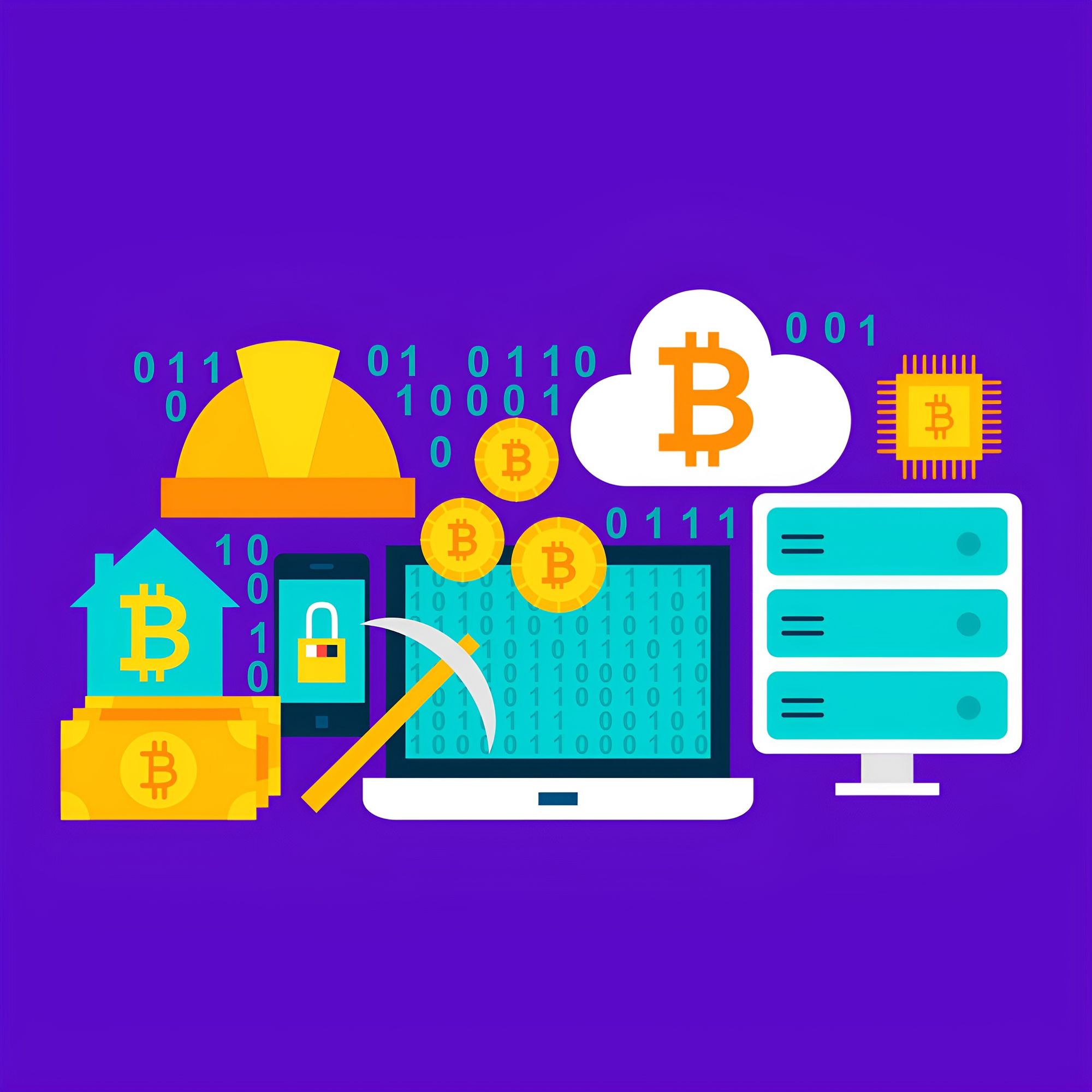Bitcoin Explained

Bitcoin is a decentralized digital currency created in 2009 by an unknown person or group using the name Satoshi Nakamoto. The origins of Bitcoin are shrouded in mystery, and the true identity of its creator(s) remains unknown to this day. However, the impact that Bitcoin has had on the world of finance and technology is undeniable.
The idea behind Bitcoin was to create a digital currency that was not controlled by any central authority or government. This would allow for transactions to occur without intermediaries, such as banks or financial institutions, and provide greater privacy and security for users.
Bitcoin works by using a decentralized ledger called the blockchain (the first of its kind). The blockchain is a public ledger that contains all the transactions that have taken place on the Bitcoin network. Every transaction is verified and recorded on the blockchain by a network of computers called nodes.
Mining is the process by which new Bitcoins are created, and transactions are verified. Miners use powerful computers to solve complex mathematical problems and are rewarded with new Bitcoins for their efforts. This process ensures the integrity of the blockchain and prevents fraud and double-spending.
People use Bitcoin for various purposes, including buying goods and services online, sending money to friends and family, and investing. Bitcoin wallets are used to store and manage Bitcoins. They can be either software or hardware-based, providing a secure and convenient way to access and transfer Bitcoins.
Bitcoin can also be used as crisis insurance. In times of economic uncertainty or political instability, some people turn to Bitcoin as a safe-haven asset. Because Bitcoin is not controlled by any central authority or government, it is not subject to the same risks as traditional currencies or investments.
However, it is important to note that Bitcoin is just one of many existing cryptocurrencies. While Bitcoin is the first and most well-known cryptocurrency, there are thousands of other cryptocurrencies that operate on separate blockchains. These blockchains are separate ledgers that track transactions for each cryptocurrency.
Cryptocurrencies are not the same as traditional currencies, as they are not issued by governments or backed by any physical asset or commodity. Instead, they derive their value from the demand for them on the open market.
Bitcoin paved the way for other cryptocurrencies, such as Ethereum. Cryptocurrencies have similar features to Bitcoin but offer different advantages and use cases. Ethereum, for example, is designed for creating applications and smart contracts.
In conclusion, Bitcoin is a revolutionary technology that transformed the way we think about money and finance. Its origins may be shrouded in mystery, but its impact on the world is clear. From its decentralized design to its use as crisis insurance, Bitcoin has opened up new possibilities for individuals and businesses alike. As the world becomes increasingly digital and interconnected, the role of cryptocurrencies like Bitcoin will only continue to grow.
Thanks for reading!
Article Links:







TIME IS MONEY: Your Daily Scoop of Markets📈, Business💼, Tech📲🚀, and Global 🌎 News.
The news you need, the time you want.
Site link ⬇:

Advertisement Inquiries: timeismoney@timeismon.com
Support/Suggestions Email: timeismoney@timeismon.com


